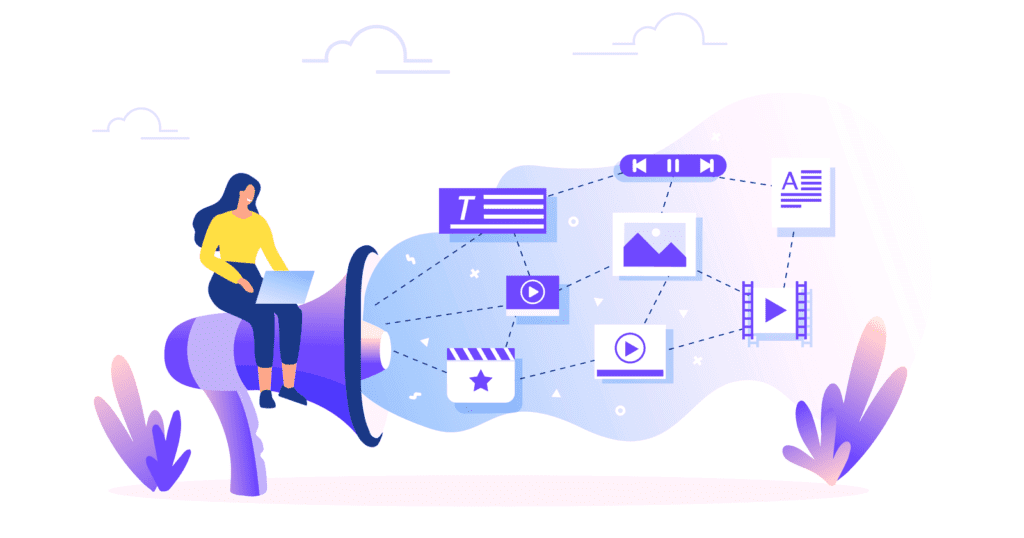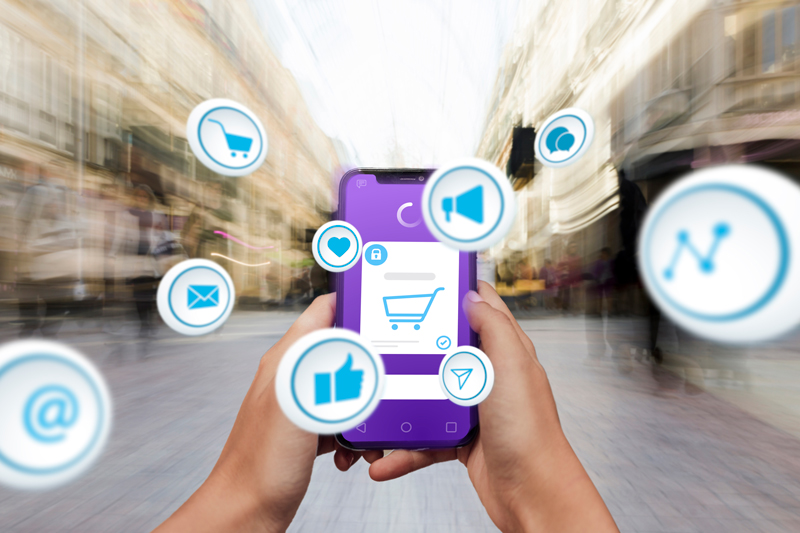- Free Estimates

Nowadays, the importance of internet marketing for local businesses cannot be overstated. The internet has become the primary source for consumers to discover, evaluate, and choose businesses for their needs. Whether you’re a small boutique, a neighborhood café, or a local service provider, using internet marketing is essential for connecting with your local audience, driving foot traffic, and ultimately increasing sales.
Here are the 10 key ways that internet marketing can significantly boost your local business.

SEO is one of the most foundational elements of internet marketing. It involves optimizing your website and online presence to rank higher in search engine results. This makes it easier for potential customers to find you when they search for services or products that you offer.
PPC advertising is a form of internet marketing where businesses pay a fee each time their ad is clicked. It’s an effective way to buy visits to your site rather than earning them organically. For local businesses, PPC can provide immediate visibility and drive targeted traffic to your website or physical location.
Content marketing is a powerful internet marketing strategy that involves creating and sharing valuable content to attract and engage your target audience. For local businesses, content marketing helps establish your business as an authority in your industry, builds trust with potential customers, and drives traffic to your website.
Social media marketing is an essential component of internet marketing that allows local businesses to connect with their audience, build relationships, and promote their products or services. Platforms like Facebook, Instagram, and Twitter offer unique opportunities to engage with your local community and drive foot traffic to your business.

Email marketing is one of the most effective and direct forms of internet marketing. It allows local businesses to communicate directly with their customers, delivering personalized content, promotions, and updates straight to their inboxes.
For local businesses doing internet marketing, having a well-designed, user-friendly website is essential for attracting and converting visitors into customers. A good website not only serves as an online storefront but also reinforces your brand’s credibility and professionalism.
CRO is the process of improving your website to increase the percentage of visitors who take a desired action, such as making a purchase, signing up for a newsletter, or filling out a contact form. CRO is an essential aspect of internet marketing because it helps you maximize the effectiveness of your online presence.
Online reviews and ratings can significantly impact a potential customer’s decision to choose your business over a competitor. That’s why reputation management is a crucial component of your internet marketing strategy.
Influencer marketing involves partnering with individuals who have a large and engaged following on social media or other online platforms. For local businesses, working with local influencers can help you reach a wider audience and build credibility within your community.
Affiliate marketing is another effective internet marketing strategy that can help local businesses expand their reach and increase sales. In affiliate marketing, you partner with individuals or other businesses who promote your products or services in exchange for a commission on sales.
Internet marketing enables businesses to precisely target specific demographics, locations, and interests, ensuring that their message reaches the most relevant audience. Through channels like social media, SEO, and PPC advertising, businesses can extend their reach far beyond their immediate geographic area.
Internet marketing enhances customer engagement through personalized email campaigns that speak directly to individual needs and preferences. Interactive social media posts encourage real-time interactions and foster a sense of community. Additionally, targeted content ensures that your messaging resonates with your audience, making them more likely to engage with your brand.
Success in internet marketing can be measured by tracking key performance indicators (KPIs) such as website traffic, conversion rates, and customer engagement. Tools like Google Analytics provide valuable insights into how visitors interact with your site and where your traffic is coming from. By analyzing this data, you can identify what’s working and adjust your strategies to improve your ROI.
If you’re a business owner in Miami, FL looking to take your internet marketing to the next level, it’s time to partner with Miami Website Design Professionals. Our team specializes in helping Miami, FL businesses enhance their online presence through expert website design and cutting-edge digital marketing strategies. Don’t miss out on the opportunity to grow your business—reach out to Miami Website Design Professionals in Miami, FL today and see how we can help you succeed!